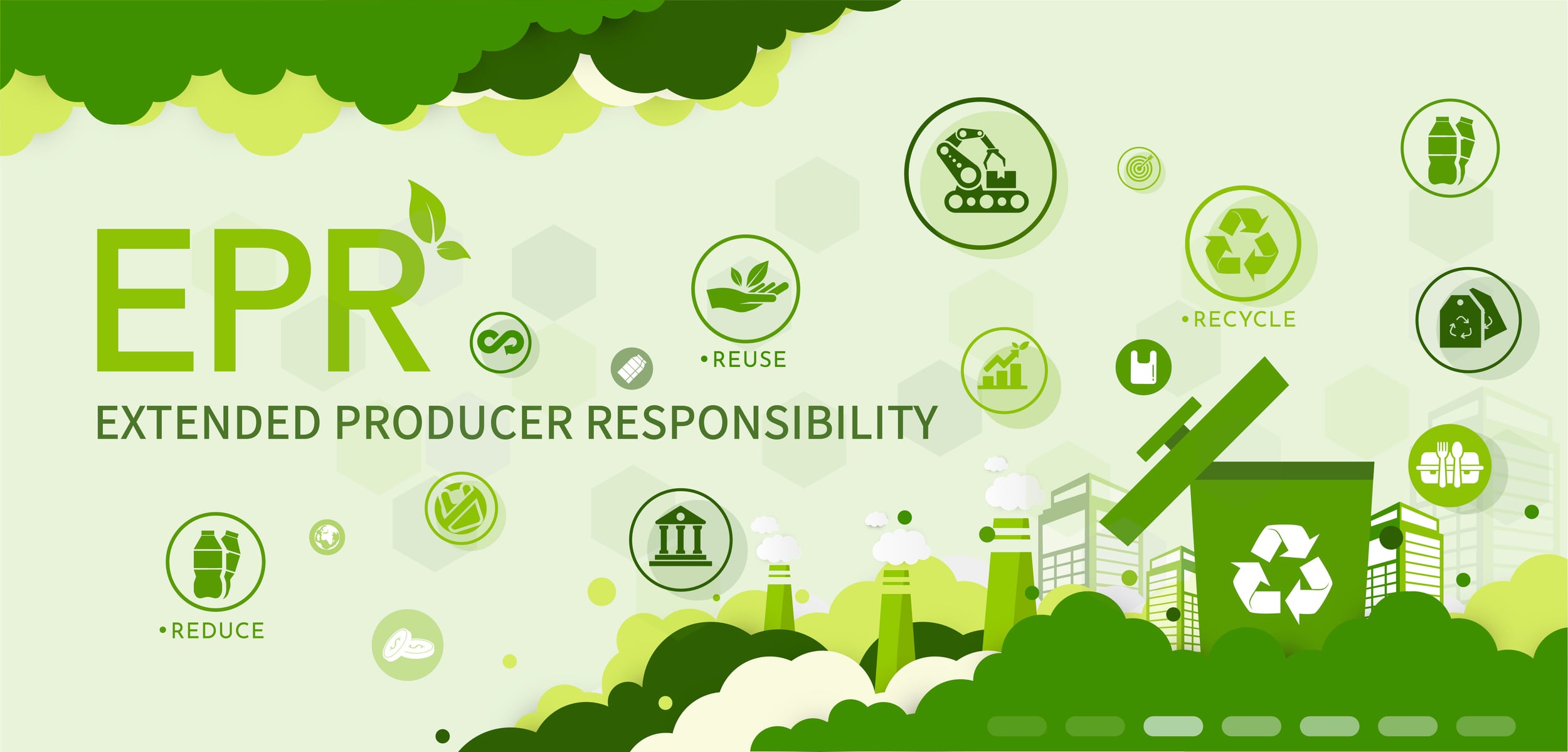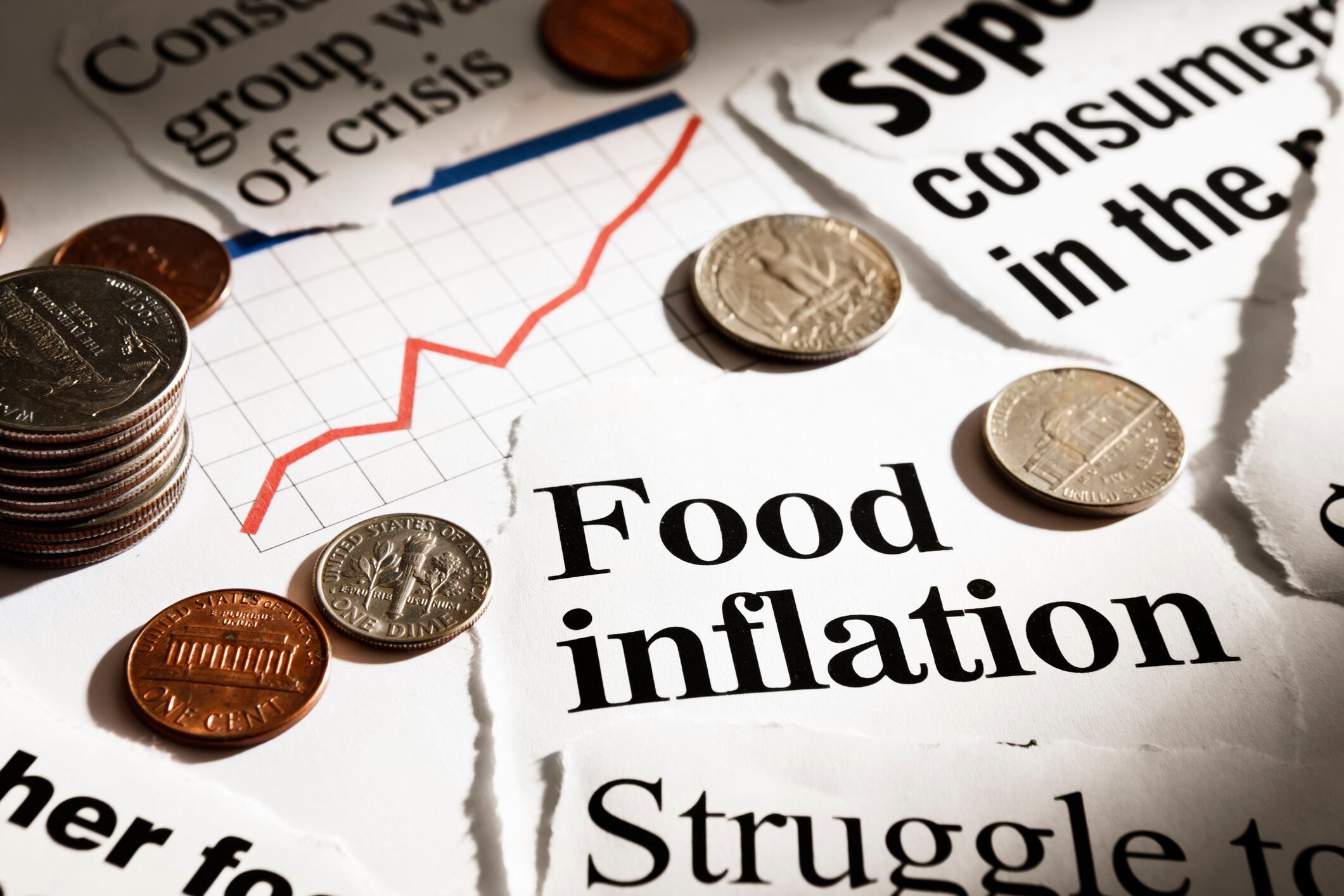Under the regulations companies that import or supply packaging are responsible for the costs of managing that packaging waste.
Producers are defined as either ‘small’, with annual turnover above between £1-2 million and importing or supplying 25 to 50 tonnes of packaging, or ‘large’, with a turnover above £2 million and importing or supplying more than 50 tonnes of packaging.
Both small and large producers must report their packaging data, but currently only large producers need to pay fees. These producers will have received their very first invoice this month, October 2025.
In July, a group of trade associations were critical of the Government announcement over EPR fees calling the regulations “poorly designed” and failing to support the circular economy.
The fees paid by producers cover the costs of PackUK, the scheme administrator for EPR, and provide local authorities with additional income to cover the cost of recycling and disposal of waste packaging materials.
Businesses that import or supply packaging in the UK will be responsible for the costs of managing that packaging waste.
Thousands still muddled over packaging regulations
Josh Pitman, managing director at sustainable packaging firm Priory Direct, said his firm is still receiving hundreds of queries from its 21,000+ customers who don’t understand EPR and what they need to do.
The company said it is essentially acting as a “EPR customer service” and believes that impacted businesses need clearer guidance on the levy and, crucially, on how to minimise their exposure to it by becoming more sustainable.
He said the risk is that producers are just absorbing the costs rather than becoming more sustainable and undermining the whole purpose of the scheme.
Pitman said that it has been dealing with between five and ten queries daily from customers on its website chat function and directly to account managers.
“Many of these are basic questions like: does EPR apply to them, what data do they need to share, where do they get this from, and how do they reduce exposure to it? These are all basic but critical details that should have been established months ago, as reporting requirements have been in play since 2023,” he said.
“However, there appears to be a lack of clear, helpful guidance and limited proactive engagement with affected businesses from government, aside from some overly exclusive and expensive events featuring official spokespeople.
“Knowledge of how to navigate EPR is being firewalled by companies looking to profit from guiding larger clients through the change when, for it to make the most impactful change, the government should be providing clearer, more-open-access guidance on how to use this legislation to actually make a positive improvement to the impact of their business.”
One Water hit by eyewatering losses
His concerns come as One Water, the ethical water brand, has warned the EPR regulations are placing a ‘disproportionate burden’ on compliant companies, after revealing the scheme will cost the firm around £140,000 in 2025 and has already contributed to a £400,000 loss in glass product sales.
One Water sells spring water in a variety of formats to supermarkets, wholesale and catering and the travel sector, and is the official water partner of Brentford FC.
Its glass range was widely used in hospitality venues in the UK, however the new regulations have given One Water no option but to increase glass product prices and this has meant that customers have been “dropping in their droves” the company said.
One Water’s founder, Duncan Goose, believes that the EPR bill was broadly in line with expectations after months of preparation, but criticised the surprise addition of a 4% impairment charge to cover debts from non-compliant businesses, as well as an additional scheme administration fee, despite having already paid to register with the Environment Agency.
The firm said it has been hit by £400,000 in lost sales, mostly through hotels, bars and restaurants.
Goose said: “Larger companies may be better equipped to absorb these costs, but we’re competing against brands that have not yet registered or submitted data, creating a highly distorted and unfair market. We need better levels of enforcement - beyond a reporting hotline and an impairment charge, there is not much more being done to ensure that we have a level playing field here.”




